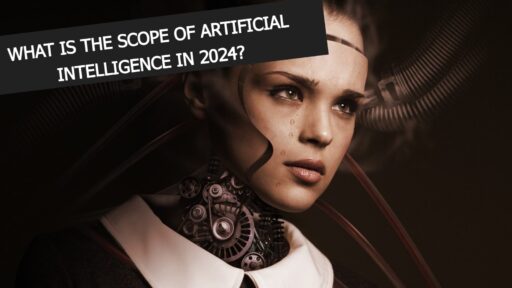In the ever-evolving landscape of education, the question arises: Will AI teachers be the next great revolution in teaching? As we delve into this transformative topic, we explore the potential impact of Artificial Intelligence (AI) on the educational sphere and its implications for students, educators, and the learning process itself.
Table of Contents
Unveiling the Power of AI in Education
Revolutionizing Classroom Dynamics
AI has the potential to reshape traditional classroom dynamics, offering personalized learning experiences for students. With advanced algorithms, AI can adapt to individual learning styles, providing tailored content that caters to each student’s strengths and weaknesses.
24/7 Accessibility and Flexibility
Unlike human educators, AI teachers are not bound by time constraints. They offer a 24/7 learning environment, allowing students to access information and assistance whenever they need it. This unprecedented flexibility could significantly enhance the learning experience, accommodating diverse schedules and preferences.
Addressing Concerns and Misconceptions
Preserving the Human Element
While AI brings undeniable advantages, concerns about the loss of the human touch in education have surfaced. It is crucial to recognize that AI teachers are tools designed to assist, not replace, human educators. The human touch remains essential for fostering creativity, emotional intelligence, and a deeper understanding of complex subjects.
Ensuring Ethical Implementation
As we embrace AI in education, ethical considerations become paramount. Striking the right balance between technological advancements and ethical implementation is crucial to avoid biases and uphold the values of a fair and inclusive education system.
Realizing the Potential of AI in Different Learning Environments
AI in Traditional Classrooms
In traditional classrooms, AI can act as a valuable assistant, helping teachers tailor their lessons to meet the diverse needs of students. It can automate administrative tasks, allowing educators to focus more on interactive and engaging teaching methods.
AI in Online Learning Platforms
The integration of AI in online learning platforms is already transforming the landscape of distance education. From personalized learning paths to real-time feedback, AI enhances the online learning experience, making it more engaging and effective.
Overcoming Challenges for a Seamless Integration
Investing in Teacher Training
For a successful integration of AI in education, investing in teacher training is imperative. Educators must acquire the skills to effectively leverage AI tools, ensuring a seamless transition and maximizing the benefits of these technological advancements.
Addressing Technological Disparities
To avoid creating educational disparities, it is crucial to address technological inequalities. Ensuring that AI-powered educational tools are accessible to all students, regardless of their socio-economic background, is essential for fostering an inclusive learning environment.
In conclusion, the question of whether AI teachers will be the next great revolution in teaching prompts us to navigate the evolving landscape of education. While AI brings unprecedented opportunities for customization, accessibility, and efficiency, it is vital to approach this revolution with careful consideration of ethical implications and a commitment to preserving the human element in education.
As we stand on the precipice of this educational transformation, embracing AI as a powerful ally rather than a replacement is key. The fusion of human expertise and artificial intelligence has the potential to elevate education to new heights, providing students with a holistic and adaptive learning experience.




